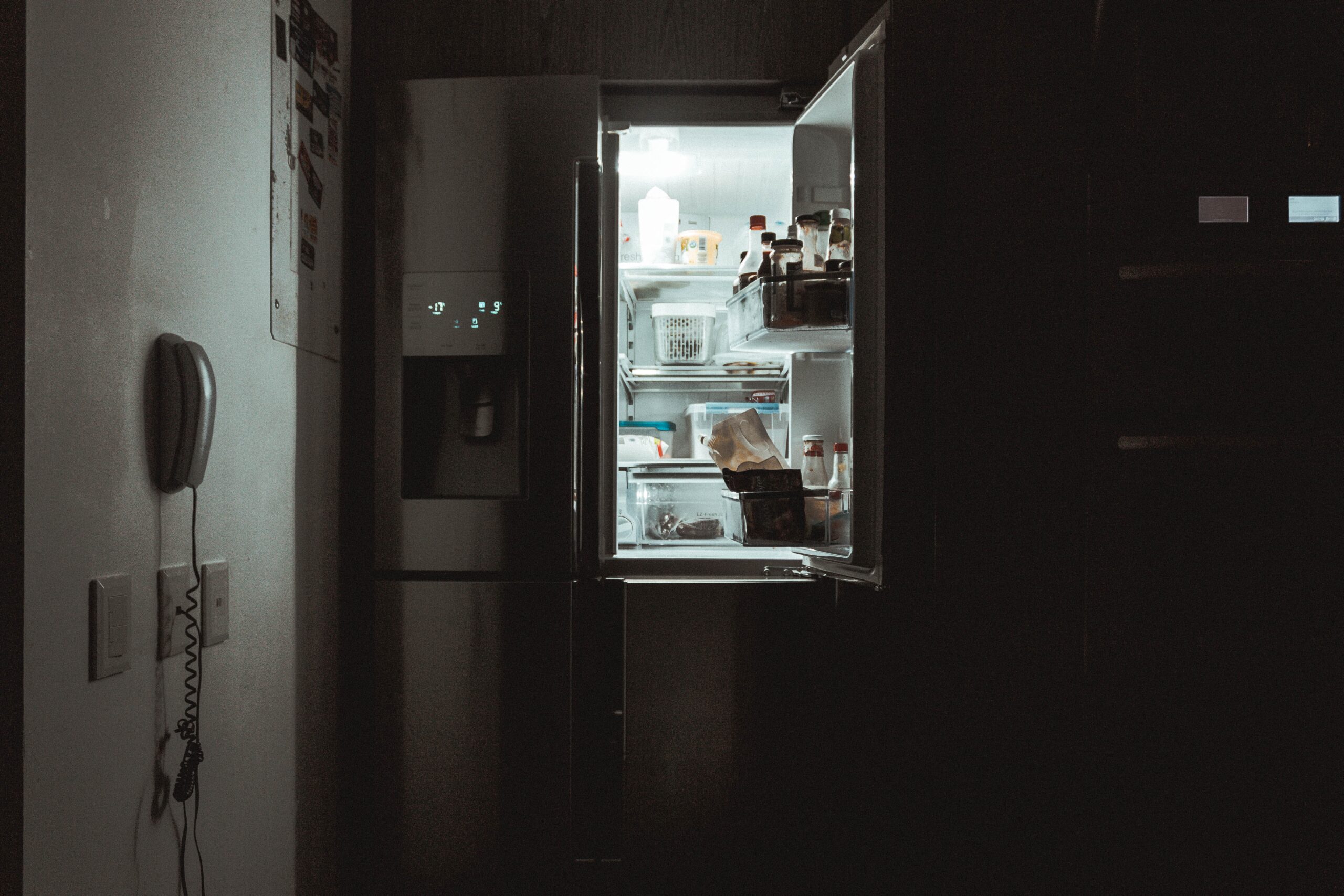
Photo: Pexels
When grocery stores struggle to keep the basics stoked during supply chain issues, many Americans are feeling the strain on their access to food. Even with the new reality we all are living in today, food waste is still a prevalent and persistent issue. Americans toss out nearly 40% of the food they purchase, causing 20% of all methane emissions from landfills. What is Food Waste? Food waste occurs when you bring food into the home and throw it away without ever using or eating it. Food waste is a major issue with or without food shortages or supply chain issues. Some of the causes of food waste include:- Foods past their use-by dates being discarded by both retailers and by people at home. This represents the greatest proportion of food lost in developed nations.
- Odd-looking and ugly fruit and vegetables being thrown away before they ever leave the farm.
- Fruits, vegetables and meats going bad during transportation.
- Overly-large portions, which are frequently uneaten and thrown out.
- Bananas should be on the counter or in a hanger, and apples can stay crisp for more than a week in the fridge.
- Don’t put tomatoes in the fridge; they do best at room temperature out of the sun.
- Revive wilted lettuce. Keep your dinner salads crisp by soaking lettuce in a bowl with cold water and ice for 20 minutes.
- Keep avocados on the counter until they are ripe then move them into the fridge to keep them fresher longer.
- Store cucumbers on the counter. Only put them in the fridge if you plan on using them within 2-3 days.
- Don't over buy. While shopping— in store or online— have discipline when it comes to impulse buys. Allow yourself one or two, then stick to the necessities.
- Store fruits right.
- Check the expiration dates. This is especially important when buying fresh food. Only buy what you know you can use before it expires.
- Plan ahead. Plan your meals and make a detailed shopping list. Stick to your plan and to your list.
- Eat leftovers. Store leftovers properly so you can eat them the next few days. Store them in smaller portioned containers to eat during the week for lunch.
- Love your freezer. Batch cook and freeze food so that you can enjoy it later. And consider frozen fruits and vegetables as sides and in recipes.
- Start composting. If you don’t need compost at home, find a community garden or local nursery who wants to take your compostable materials off your hands.

